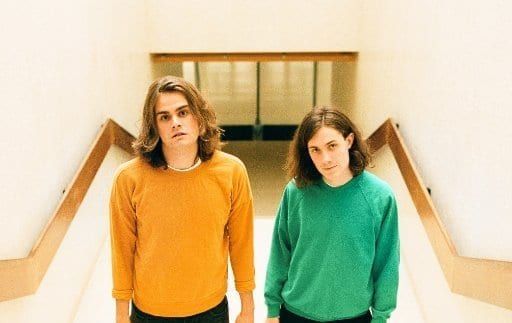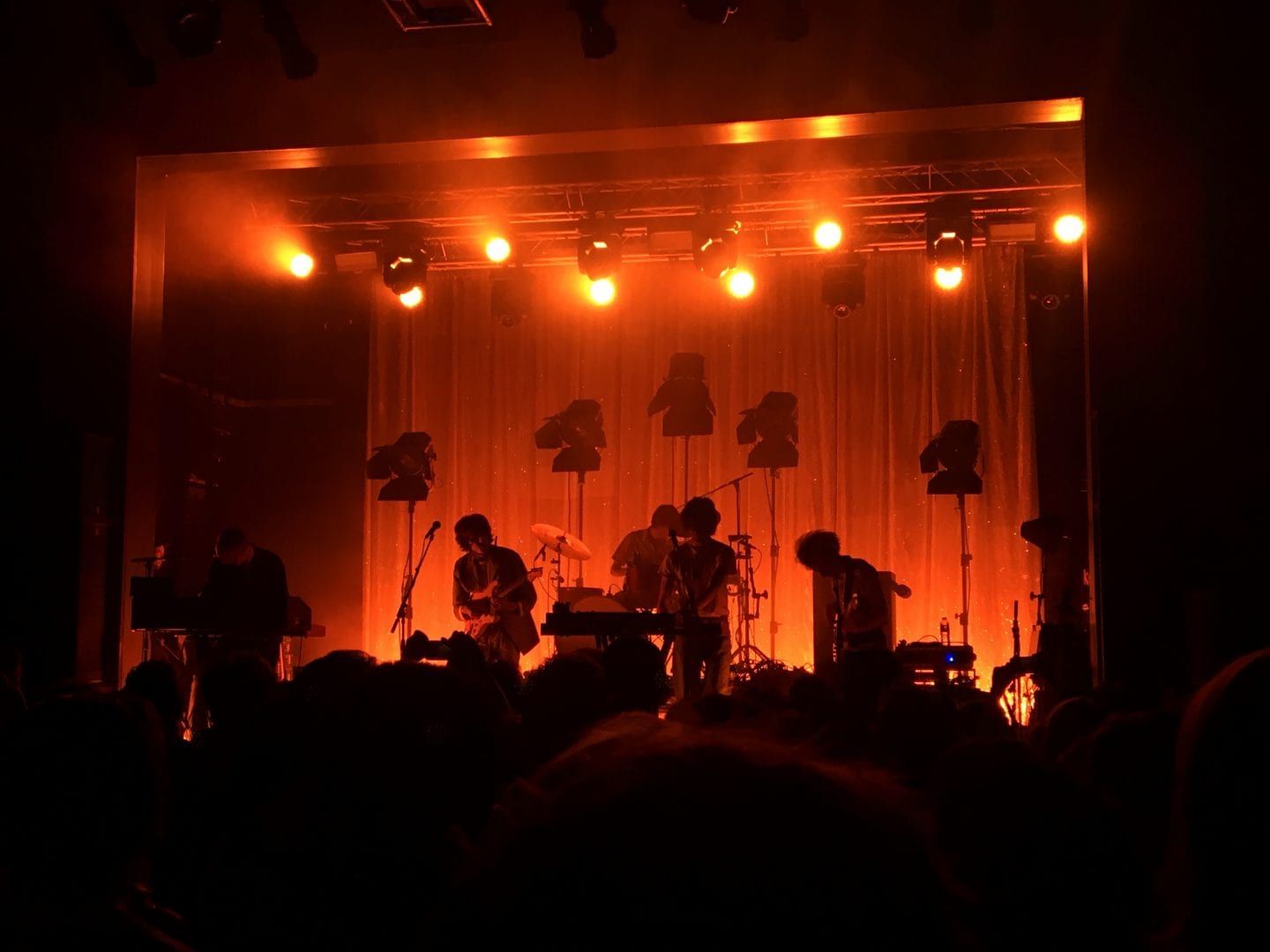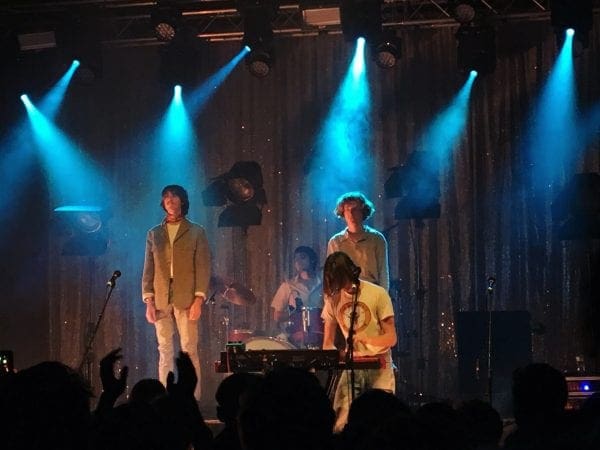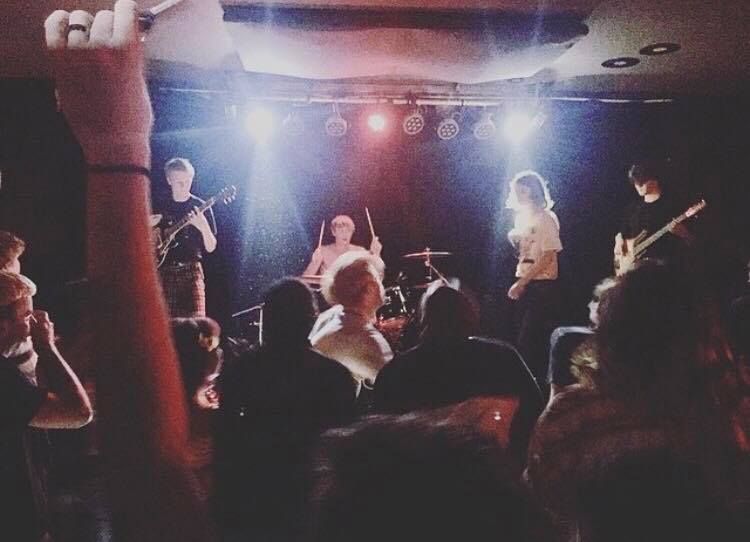Live Interview: Tin Pigeons at Jimmy’s
Walking down the stairs into the neon-lit basement of Jimmy’s to meet indie duo The Tin Pigeons ahead of the final show of their ‘You’re No Fun’ tour, I became painfully aware that I might be interrupting their sound check.
Nevertheless I waited for a slight lull in the music before completing my descent and introducing myself, which was met with an enormous grin from frontman Fraser. This tells you all you need to know about the Rutland-based duo, that they are genuinely one of the nicest bands you could ever hope to interview.
Whilst watching the rest of the sound check, I was particularly struck by the performance of their fantastic latest single You’re No Fun. The song combines the upbeat synth-driven indie rock from bands like Blossoms with the self-reflective lyrics from the likes of Catfish and the Bottlemen, making arguably one of 2018’s best indie releases.
The Tin Pigeons were first catapulted into success during 2016, after a song from their debut EP Sparks was playlisted as Radio 1’s track of the week, something that the duo still can hardly believe to this day. What followed was a massive festival tour, including a much-coveted slot on the BBC Introducing stage at Reading and Leeds, and lasting level of national recognition.
Talking to them about their numerous festival appearances, it was clear that festivals are one of their favourite places to perform and, according to Fraser, “one of the nicest things about playing music in the UK” in general. They are also both clearly in love with touring, with Fraser estimating they’ve done at least 150 shows this year alone.
When I bring up their latest tour, which took the pair around the length and breadth of the country from Brighton all the way up to Glasgow, their obvious enthusiasm shines through yet again. As we discuss their touring musical choices, Tom explains their growing fondness for Bob the Builder on account of their vehicle of choice being a white transit van. In addition to their attempt to create a ‘musical wrap’ by only playing songs with the names of burrito ingredients in the title.
Their unique brand of ‘bouncy’ indie music has proved to be a fascination for me, so I was intrigued to find out more about its origins in their musical choices whilst growing up. Whilst Fraser’s weren’t particularly surprising with the likes of Bob Dylan and Joni Mitchell amongst his favourites, Tom’s were almost unbelievable. Starting with the revelation that he used to be a Goth and continuing with his inspiration to play bass coming mainly from Korn and Limp Bizkit.
Sticking with the theme of their music, something I was also struck by is the autobiographical nature of their lyrics with each song almost being a self-contained story from their lives. When I put this to them, Fraser, attempting to not be too ‘wankery’ as he put it, explained that their music is usually based on a mood or a vibe so it has to be something that they’ve experienced.
Finally, given their extensive touring schedule in 2018, I wondered if there would be any respite in 2019 but this was quickly met by Fraser explaining their plan to get straight back out on tour again in the spring. Followed by them both agreeing that it is ultimately the best part of being in a band (except for the frequent visits to McDonalds).
Interview and written piece by Josh Sandy



 That’s part of the quirky charm of Parcels, when the 8 minute long Everyroad is performed, which
That’s part of the quirky charm of Parcels, when the 8 minute long Everyroad is performed, which
